Inequality was one of the big issues in 2014 and this is reflected in two of our top 10 most read stories.
Consumer issues featured heavily, from air rage over reclining seats to Black Friday and Boxing Day bargains. And our special investigation into the tiny state that rubber-stamped tax evasion of an industrial scale also made it into the top 10.
Based on the number of visits to each page, here’s the full list of the most popular stories from theguardian.com/uk/business last year.
1. The windowless plane set for take-off in a decade
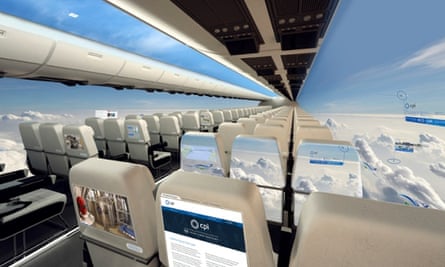
The vision of a windowless plane that would still would allow passengers to see what’s going on outside, as well as checking their email and surfing the net, really captured readers’ imagination.
In a glimpse of what the next generation of commercial aircraft might look like, windows would be replaced by full-length screens allowing constant views of the world outside. Passengers would be able to switch the view on and off according to their preference, identify prominent sights by tapping the screen or even just surf the internet.
2. Black Friday in Britain: where are the best deals?
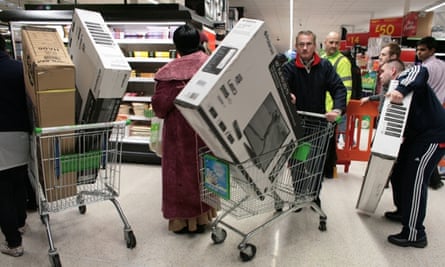
Shoppers were out in force at the end of November, as more and more British retailers adopted the US tradition of Black Friday discounts to kick-start the festive spending splurge. There were scuffles, police were called and shoppers bough things they didn’t really want or need.
3. Tesco’s ‘penis’-themed buttermilk and other design fails
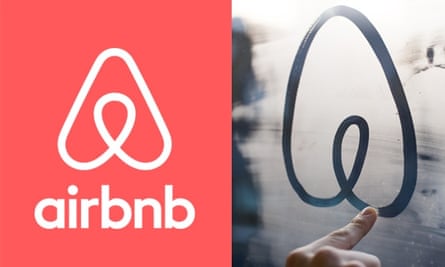
Sometimes designers fail to see the big picture when dreaming up logos or product packaging. But, once you see the design fail, especially the risque ones, it’s pretty obvious really.
4. Oxfam: 85 richest people as wealthy as poorest half of the world
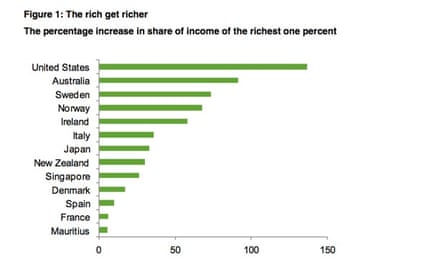
The extent to which so much global wealth has become corralled by a virtual handful of the so-called “global elite” was exposed in a new report from Oxfam.
The world’s wealthiest people aren’t known for travelling by bus, but the 85 who control as much wealth as the poorest half of the population could squeeze onto a single doubledecker.
5. Britain’s five richest families worth more than poorest 20%
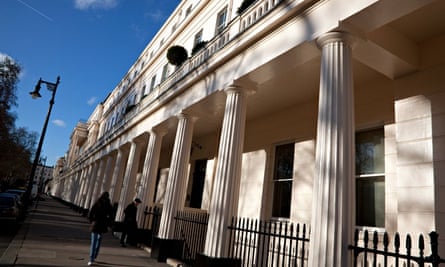
The scale of Britain’s growing inequality was laid bare in another Oxfam report, A Tale of Two Britains: Inequality in the UK, which showed that the country’s five richest families now own more wealth than the poorest 20% of the population. Oxfam said the poorest 20% in the UK had wealth totalling £28.1bn – an average of £2,230 each. That was equivalent to the five top UK entries on the Forbes rich list, who were worth £28.2bn in total.
6. Plane diverted as passengers fight over seat reclining
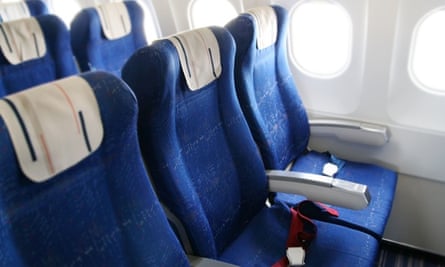
The Knee Defender, a controversial $21.95 device that prevents the seat in front from reclining, caused a fight among passengers on United Airlines flight 1462, forcing the plan to divert so the two passengers could be removed. The male passenger, seated in a middle seat of row 12, used the device to stop the woman in front of him reclining while he was on his laptop.
7. Boxing Day sales start early: where are the best deals?
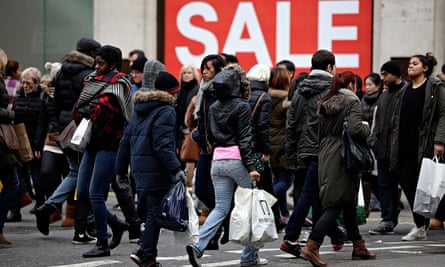
Boxing Day remains an important date in the retail calendar but the sales started early this year and Christmas Eve and Christmas Day were big online shopping days.
8. Sainsbury’s puts poster in window that customers were never meant to see
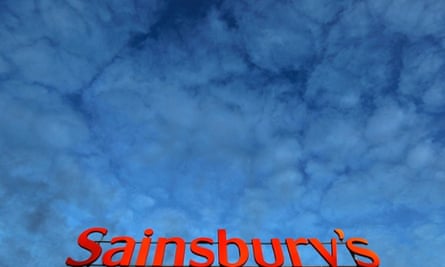
A motivational poster asking staff to make customers spend 50p more was mistakenly displayed in a Sainsbury’s store window. The blunder was taken up by Twitter, guaranteeing it an audience far wider than the Sainsbury’s staff room.
9. Vodafone reveals existence of secret wires that allow state surveillance
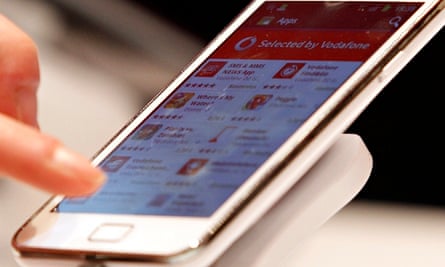
One of the world’s largest mobile phone groups revealed the existence of secret wires that allow government agencies to listen to all conversations on its networks, saying they are widely used in some of the 29 countries in which it operates in Europe and beyond. It broke its silence on in order to push back against the increasingly widespread use of phone and broadband networks to spy on citizens.
10. Luxembourg tax files: how tiny state rubber-stamped tax avoidance on an industrial scale
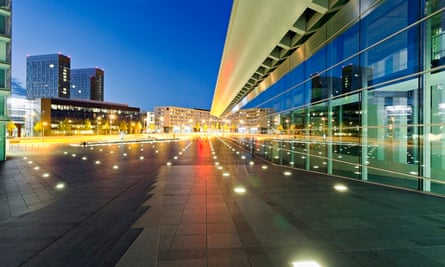
An unprecedented international investigation into tax deals struck with Luxembourg uncovered the multibillion-dollar tax secrets of some of the world’s largest multinational corporations.
A cache of almost 28,000 pages of leaked tax agreements, returns and other sensitive papers relating to over 1,000 businesses painted a damning picture of an EU state which is quietly rubber-stamping tax avoidance on an industrial scale.

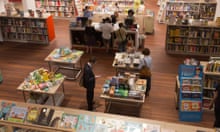

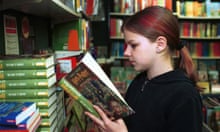
Comments (…)
Sign in or create your Guardian account to join the discussion